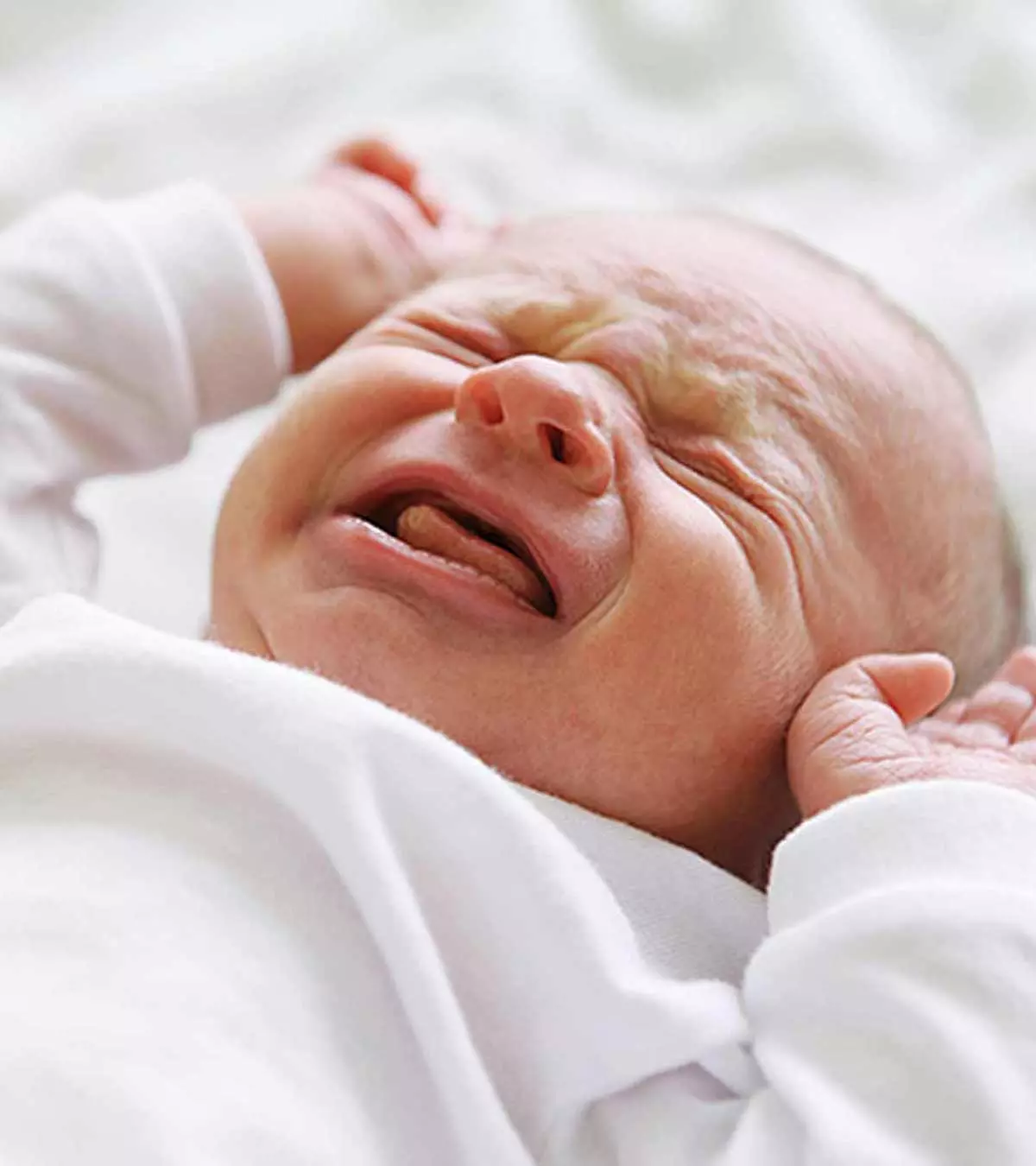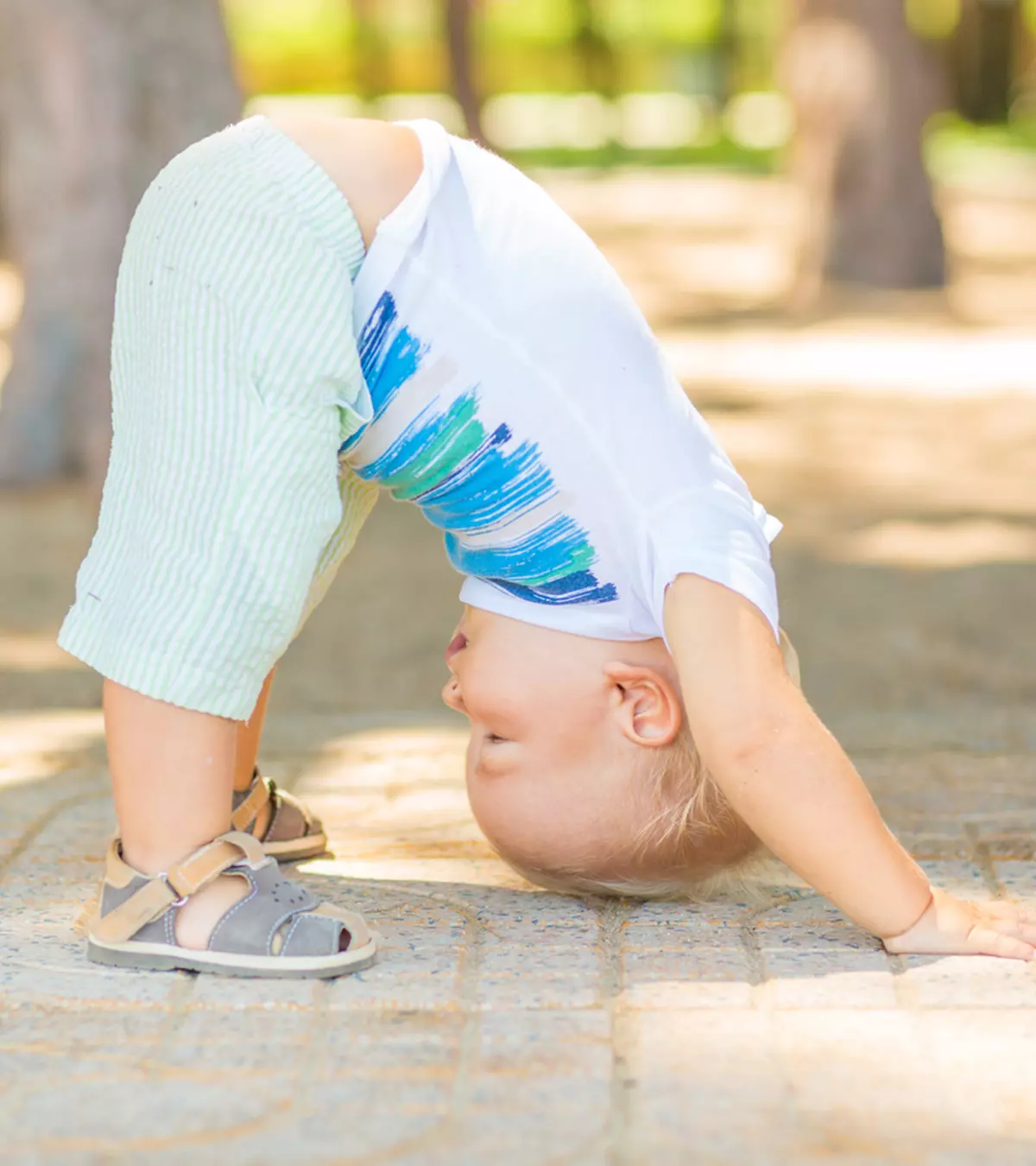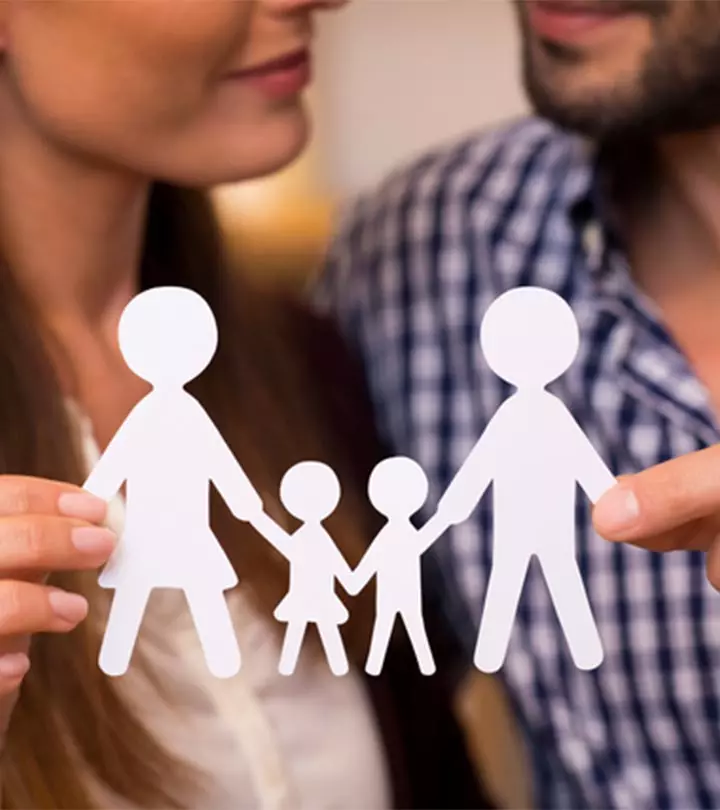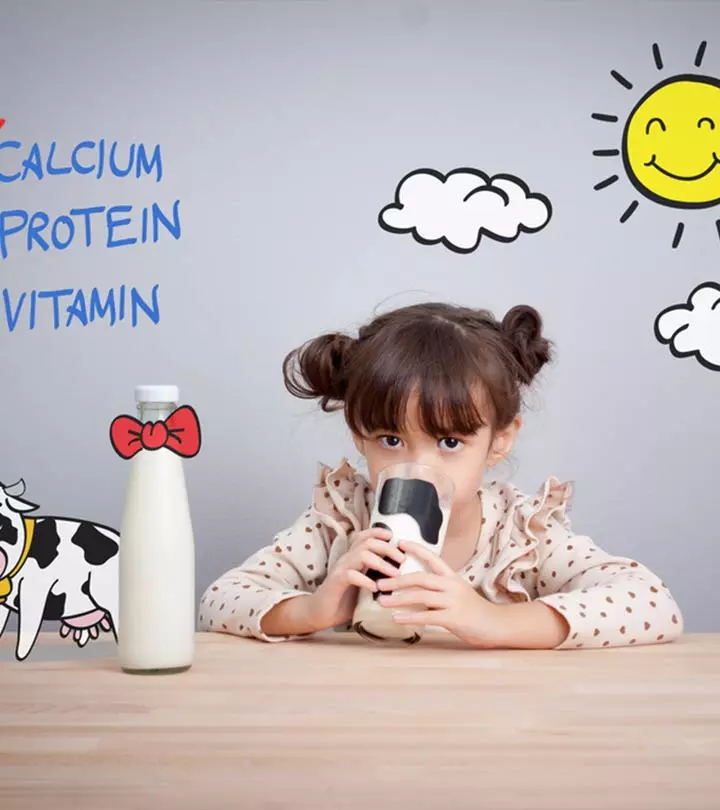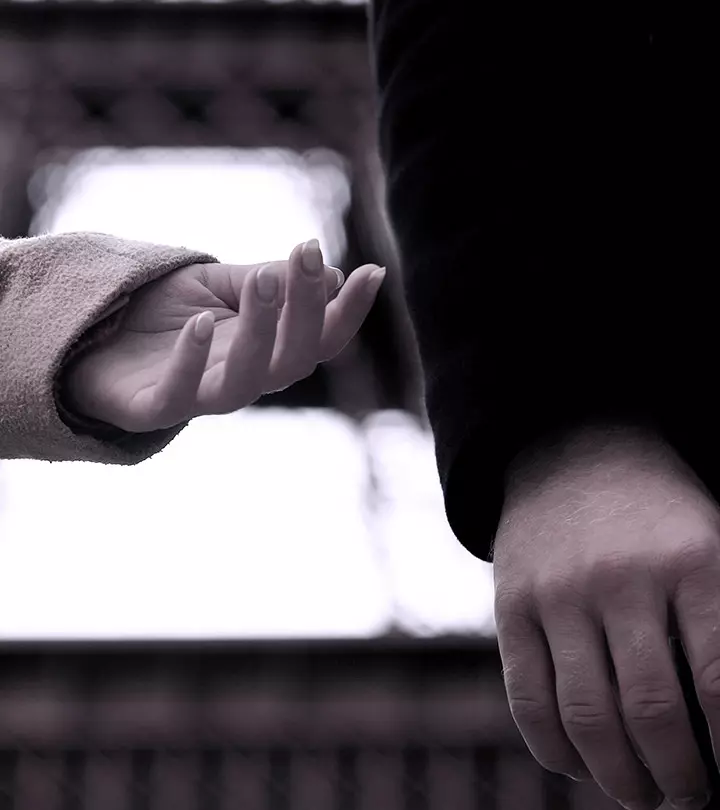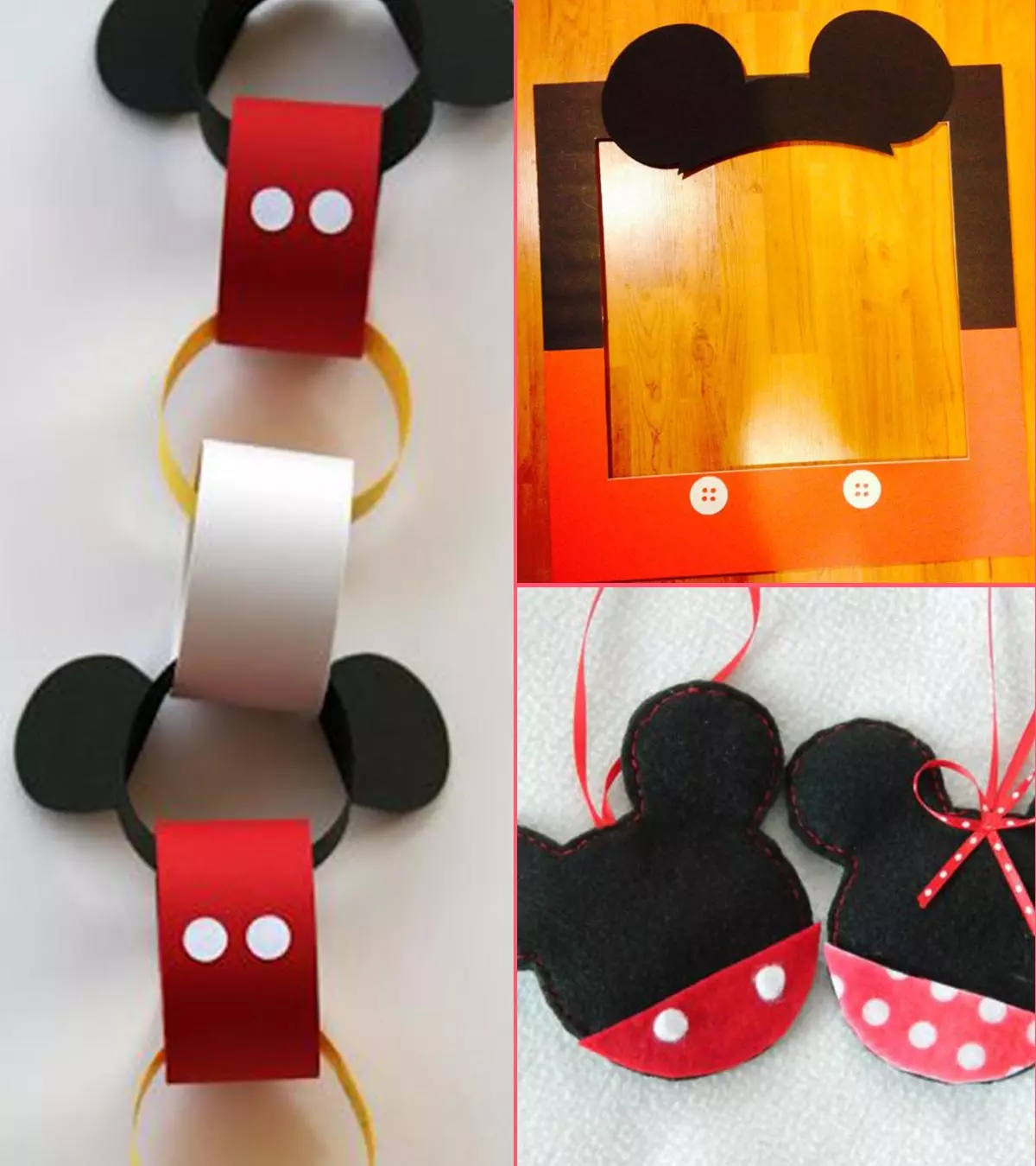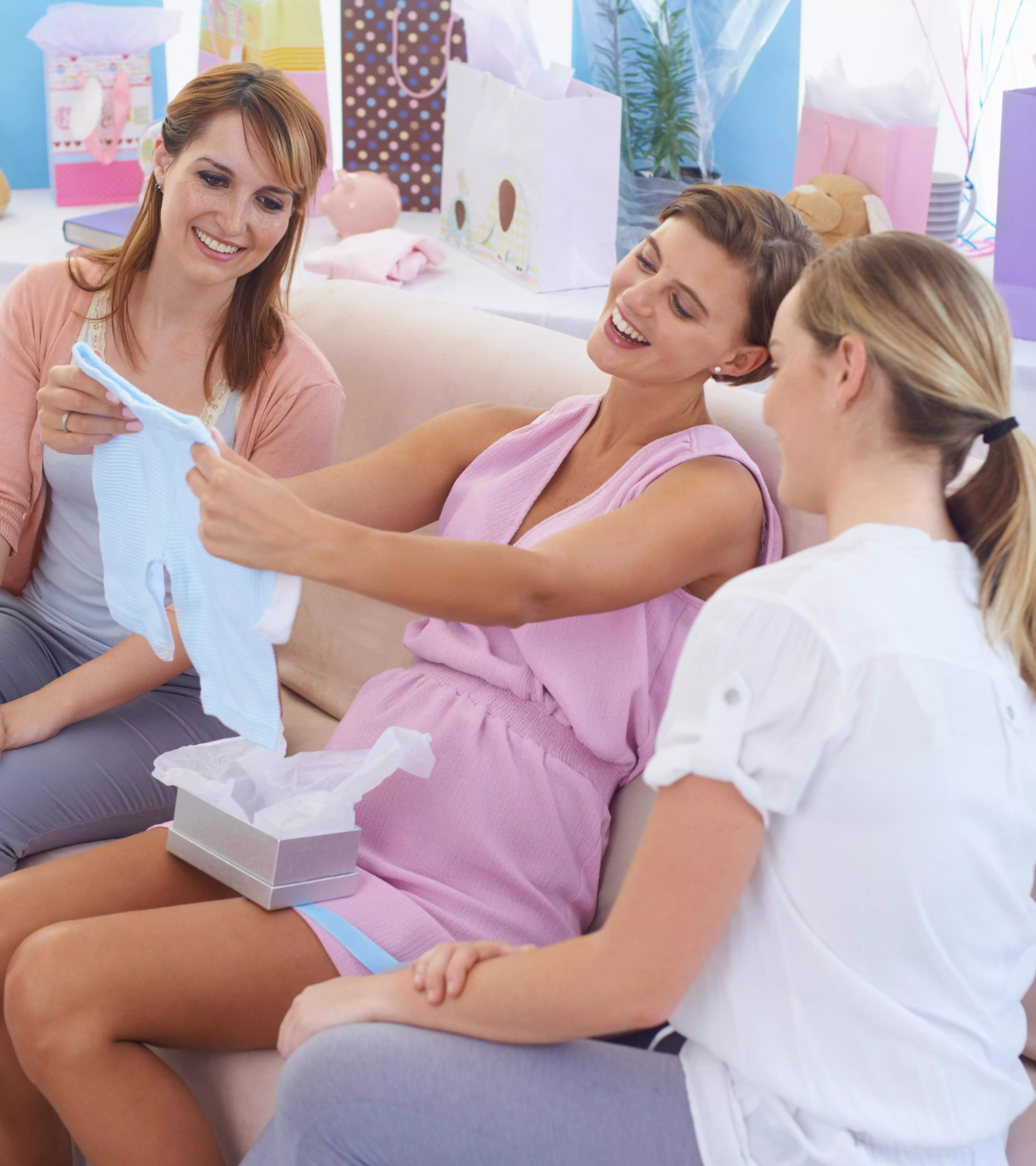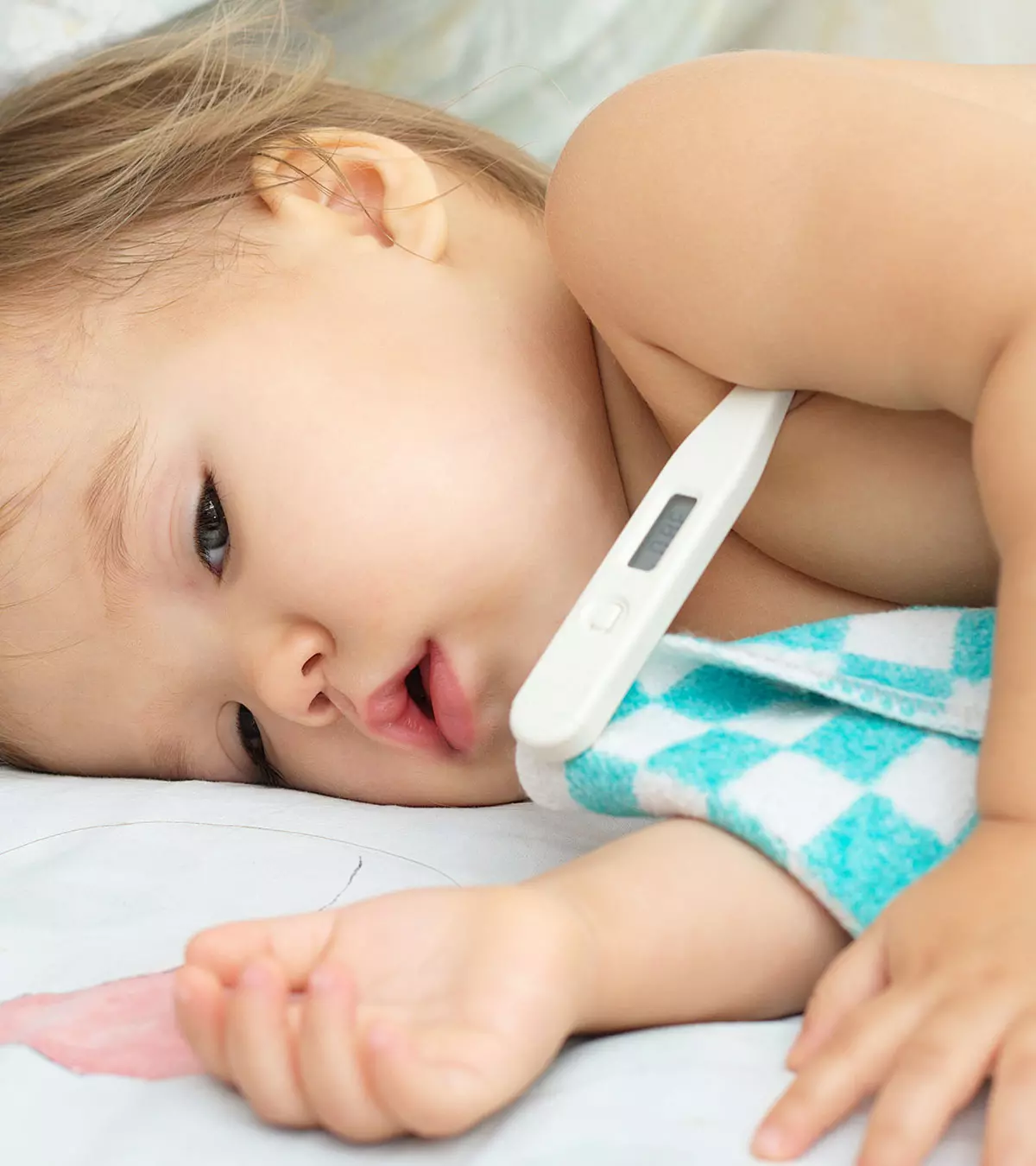

Image: Shutterstock
Cold in babies is a common symptom as their immune system is still not strong enough. Recommendations by the American Academy of Pediatrics (AAP) and the Food and Drug Administration (FDA) suggest refraining from using common over-the-counter (OTC) medications for treating signs of cold and flu in children under the age of two years unless advised by a doctor or pediatrician (1) (2). This is to ensure the prevention of any unwanted complications or adverse reactions. Instead, you can use some home remedies to provide relief to your little one. Continue reading this post to know more about cold in infants and some effective home remedy tips that you can use.
Home Remedies For Common Cold In Babies
Even something as common as a cold should not be taken lightly when it comes to babies. So, in addition to any medication that the doctor prescribes, you can follow these home care tips and remedies as well to alleviate the symptoms.
1. Hydration
If the baby is under six months of age, breastfeed them as usual, for breast milk is the sole source of nutrition and hydration for babies. For babies older than six months, you may give frequent sips of water throughout the day. Fluids help moisturize the throat and make the baby feel better. Thickened mucus is also softened with regular intake of water. Warm fluids can be more helpful as they soothe a sore throat and make swallowing a little easy.
2. Healthy food
For older babies, provide a wholesome diet with fruits and vegetables rich in antioxidants and vitamins that help boost the immune system (3). If your baby is older than 12 months, then you can give them citrus fruits that are rich in vitamin C and fruits such as mango that contain vitamin A (4).
3. Nasal suction bulb or nasal spray
Saline drops and suction bulb may be used to provide relief from a blocked nose. Do not use medicated nose drops or sprays for children under six years of age, unless the pediatrician recommends it (5).
4. Humidifier
Install a cool-mist humidifier in the baby’s room to maintain optimum humidity levels. This will help the baby breathe easily. Place the device close to the baby’s crib, but well beyond physical reach. Do not use steam or hot water vaporizers as steam increases the risk of nasal burns (5).
5. Honey (only for babies aged 12 months and above)
If your baby has a cough along with cold, then you may give not more than half-a-teaspoon of honey for relief from cough. However, experts recommend honey only for babies older than 12 months (6). Rinse the infant’s mouth after giving honey around bedtime.
6. Rest
Rest gives your baby’s body the required energy to cope with the virus. Keep the baby’s head elevated while they are resting. This helps the mucus to drain and enables the baby to breathe better.
How To Prevent Cold In An Infant?
You may follow the below measures to reduce baby’s risk of catching a cold:
- Keep the baby away from people with a cold. If the baby’s siblings have a cold, then ask them to use a handkerchief whenever they sneeze or cough, and wash hands or use hand sanitizer immediately after it.
- Wash hands before handling the baby: Cold viruses can stay dormant on everyday objects, and while adults may not immediately contract them, a baby might. Wash hands before handling the baby, especially when you have just come from outdoors.
- Clean the baby’s hands after outdoor play: Every time you return from a stroll, wash the baby’s hands with soap, as infants tend to put their hands in their mouths and could get affected by the virus.
- Clean the toys and pacifiers: Use a clean sponge soaked in warm saline water to wipe the baby’s toys and pacifiers clean. It removes germs from these objects and prevents infection when the baby puts the objects in their mouth.
- Avoid crowded places: Avoid taking the baby to places such as overcrowded beaches or shopping malls when the infections can spread easily. Colds can happen anytime but staying extra cautious during the peak season helps minimize the risks.
- Get a flu vaccine: The US Centers for Disease Control and Prevention (CDC) recommends vaccinating a baby older than six months against influenza (flu) (7).
Working on prevention is a better way to protect newborns, who cannot be given conventional medications (8)
However, in case the home remedies are unable to provide comfort. You could look for pediatric consultation. While you do so, look if your baby has any other worrying symptoms too.
When To See A Doctor?
The common cold is a self-limiting viral infection, which, if acted upon promptly, seldom raises concern. Look for pediatric consultation if your baby shows symptoms of the common cold and (5):
- Is not wetting as many diapers as usual
- Has a temperature over 100.4° F (38° C)
- Has chills and is shivering
- Seems unusually irritable
- Has trouble breathing
- Is not eating or vomiting
- Has diarrhea
- Is coughing which seems to cause choking or vomiting
- Has pus draining from the ear
- Has other worrisome signs or symptoms, such as an unusual or alarming cry
If your baby has a cold with no complications, it might resolve within two weeks. Early pediatric consultation is advised if a baby less than three months old has a cold, to minimize the risk of complications such as pneumonia or croup.
Read on as we address the common questions associated with cold in babies.
Frequently Asked Questions
1. What causes common cold in babies?
The common cold is a self-limiting viral infection that affects the nose, throat, and sinuses. There are over 200 viruses that can cause a cold, with the most common virus being rhinovirus (9). Some other viruses which could cause cold in babies are adenovirus, respiratory syncytial virus (RSV), influenza virus (also called the flu)
2. Is it normal for babies to get cold repeatedly?
Yes, babies might have about ten colds a year for the first two years of their life (8). The baby’s first cold can happen as early as a week after birth. An infant’s immune system is still developing immunity against various cold viruses, and each phase of cold infection might strengthen their immunity.
3. What are the symptoms of a cold?
The symptoms of a cold in babies are similar irrespective of the virus that is causing it. An infant will have these symptoms in general (5):
- Runny nose – drip of clear mucus that later thickens and becomes green or yellow
- Frequent sneezing
- Coughing and congestion in the lungs
- Fever of 101-102°F (38.3-38.9°C) especially in the evening
- Red, watery eyes
- Irritability and fussiness
4. Can cold be treated in babies?
There is no treatment for the common cold, and like any other viral infection, one has to wait for the immune system to fight the pathogen on its own (10). Medications usually aim at relieving the intensity of the symptoms rather than curing the condition. Fever-reducing medications, such as acetaminophen/paracetamol (Tylenol) and ibuprofen (Advil), are available over the counter but should be administered as per the pediatrician’s prescription.
5. How long does a cold last in babies?
It varies for different pathogens. For example, the rhinovirus-caused cold goes away in ten days, while cold from coronavirus can take several weeks to cure.
6. Can a baby catch a cold from breastfeeding?
No. The cold virus does not pass through breastmilk; therefore, a mother with a cold can still breastfeed her baby. Moreover, a mother passes on antibodies to the baby through breastmilk and helps build their passive immunity.
However, the lactating mother may wear a facemask while breastfeeding to prevent the transmission of pathogens through sneezing and coughing (11). Medical and government agencies recommend breastfeeding even when both the baby and the mother have a cold (12) (13).
Runny nose and nasal congestion are common symptoms of cold in babies. Washing hands before touching babies or their items, avoiding crowded places, and getting the flu vaccine may help reduce the spread of cold to babies. In addition, home care measures such as nasal suction, saline nasal sprays, or cool mist humidifiers could help reduce cold symptoms in babies. However, always seek your pediatrician’s advice before administering home remedies for colds to infants. Further, consult your doctor if the cold is accompanied by symptoms such as reduced urine output, breathing troubles, loss of consciousness, and high fever.
References
1. When to Give Kids Medicine for Coughs and Colds; U.S FDA
2. Coughs and Colds: Medicines or Home Remedies?; American Academy of Pediatrics
3. Protect Your Health with Immune-Boosting Nutrition; Eat Right; Academy of Nutrition and Dietetics
4. CPMC Food Allergy Care; Sutter Health; California Medical Center
5. Colds in children; Pediatric Child Health; National Center For Biotechnology Information (2005)
6. Botulism; World Health Organization (2018)
7. Prevent Seasonal Flu; Centers For Disease Control And Prevention
8. Children and Colds; American Academy of Pediatrics (2018)
9. Cold Symptoms & Causes; Boston Children’s Hospital
10. Caring for Your Child’s Cold or Flu; American Academy of Pediatrics (2019)
11. Is it Safe to Breastfeed if I Have the Flu?; Kids Health, Nemours (2019)
12. Breastfeeding Benefits Your Baby’s Immune System; American Academy of Pediatrics (2016)
13. Breastfeeding Your Baby: Breastfeeding – Simply the Best; Department of Health, New York State (2010)
Community Experiences
Join the conversation and become a part of our nurturing community! Share your stories, experiences, and insights to connect with fellow parents.
Read full bio of Dr. Shashidhar A
Read full bio of Rohit Garoo



